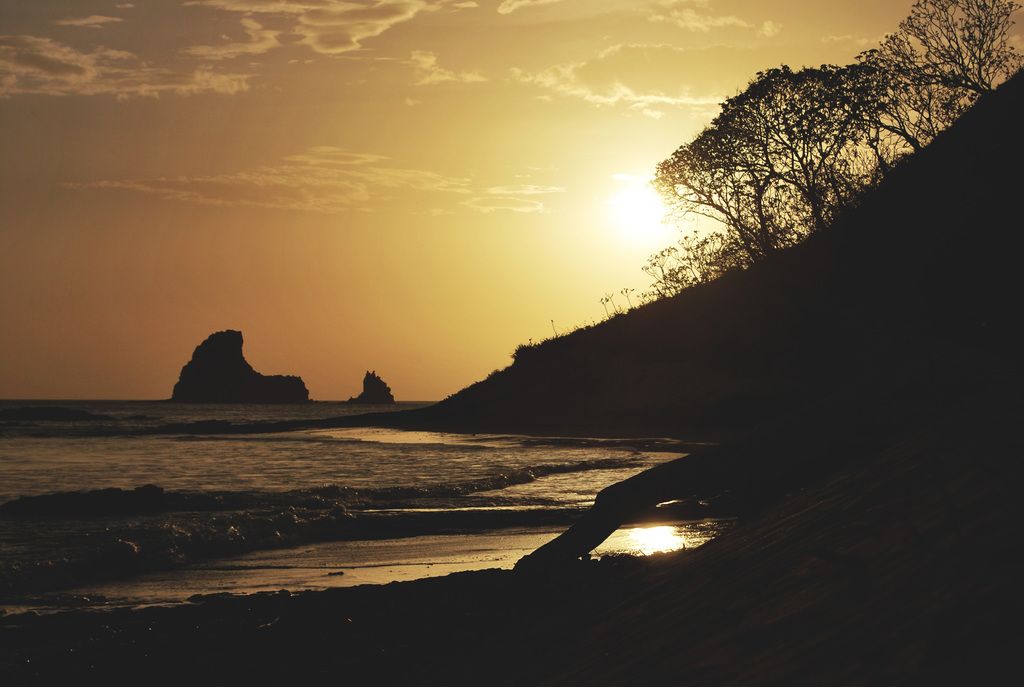Emerging Vibrant Wave of Romanian Music Scene
Riding the Wave of Romanian Cinema:
Let's dive into the captivating world of the Romanian New Wave, a refreshing twist in Eastern European cinema that emerged at the turn of the 21st century. This cinematic revolution thrived on the turbulent backdrop of post-communist Romania, where navigating the complexities of democracy and a market economy spurred an intellectual and artistic awakening.
Cinema, during this period, was a perfect medium for exploring the multifaceted essence of Romanian society. Directors looked back at the roots of Italian Neorealism, and a handful of celebrated international auteurs like Michelangelo Antonioni and the Dardenne brothers, who delved into themes of alienation and existentialism — resonating with the emerging Romanian voice.
Earlier, Romanian cinema had witnessed stray success from visionaries like Lucian Pintilie and Dan Pita. But it was only in the 2000s that a cohesive movement began taking shape. The realist style, critical narratives, and focused exploration of post-communist society set this new wave apart, eventually earning international acclaim.
Riding the Wave of Humanity:
The Romanian New Wave films revolved around the challenges of transitioning from a communist regime to a democratic society. They delved into questions of identity, morality, and the impact of historical and political changes on the individual. Adopting a realist style, these movies portrayed the daily life struggles and challenges faced by ordinary citizens, often critiquing bureaucratic systems and the dehumanizing effects of bureaucracy.
The use of non-professional actors, minimalist aesthetics, and a documentary-like approach further accentuated the sense of realism. Instead of relying on indulgent sets, special effects, or sensationalist narratives, the movement focused on the subtleties of human behavior and intricate social interactions.
Riding the Wave of Artistry:
Pioneers like Cristian Mungiu, Cristi Puiu, and Radu Jude carved their places in the movement's hall of fame. Mungiu, with his Palme d'Or-winning film 4 Months, 3 Weeks and 2 Days (2007), set in the final years of the communist regime, painted a chilling portrait of two women attempting an illegal abortion, exploring moral dilemmas and the influence of political and social structures on individuals.
Puiu’s film The Death of Mr. Lazarescu (2005) served as a cornerstone of the movement with its observational style and critique of the healthcare system. With his work, Puiu delved into the human condition, utilizing long takes and a documentary-like approach to capture the nuances of his characters.
Radu Jude's film I Do Not Care If We Go Down in History as Barbarians (2018) marked a significant contribution to the movement with its exploration of history, memory, and responsibility, employing dark humor and sharp satire.
Riding the Wave of Influence:
The Romanian New Wave's dedication to unflinching realism, social critique, and minimalist aesthetics has stirred a worldwide appreciation for a more authentic and unadulterated approach to storytelling. Beyond its artistic influence, the movement has fueled a revitalized interest in Eastern European cinema, making it possible for stories from the region to find a global audience.
As this dynamic movement evolves, it stands as a powerful reminder of cinema's power to confront uncomfortable truths and generate meaningful conversations. The Romanian New Wave—a moving tapestry of exploration into the human experience, one unfiltered frame at a time.
[1] Italian Neorealism's impact on the Romanian New Wave: https://www.cineuropa.org/en/newsdetail/default.aspx?newsId=91726
[2] The parallels between Neorealism and the Romanian New Wave: https://www.kenyonreview.org/film/2019/4/ Neorealism-vs-Romanian-New-Wave-A-Comparison/68308
In the realm of art cinema, the Romanian New Wave films, influenced by the philosophies of movements like Italian Neorealism, resonated with a focus on realist style, critical narratives, and a deep exploration of post-communist society, particularly delving into themes of identity, morality, and societal changes (Artistry).
This experimental film movement, with its minimalist aesthetics and use of non-professional actors, not only broke new ground in Romanian cinema but also paved the way for a more authentic and unadulterated approach to storytelling, gaining widespread international acclaim due to its dedication to unflinching societal critique (Entertainment).







